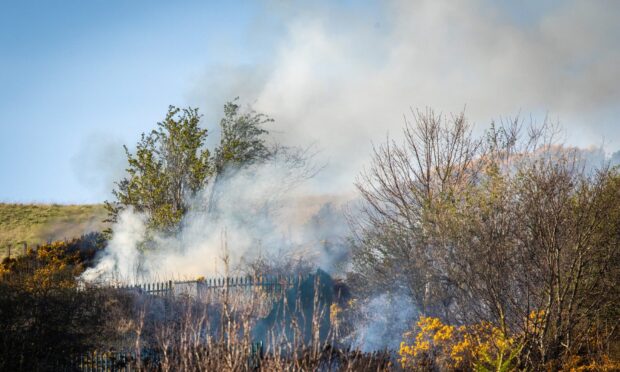Dundee is being lined up to forge a major new trade route with Europe in case Brexit leads to chaos at ports.
A report for the SNP Government found the city has one of four hubs in the country that could step in to ensure food supply and the flow of goods once the UK leaves the EU.
Michael Russell, the Constitutional Relations Secretary, is meeting with the boss of Belgium’s Zeebrugge Port on Tuesday as the SNP Government looks at how to ease port pressure under a hard Brexit.
Asked about Dundee’s potential role in a no-deal scenario, a Scottish Government spokesman said they are in discussions with ports to “assess their capacity and identify how we can make the most of the facilities available”.
Rosyth could also be upgraded as the only Scottish port operating roll-on-roll-off (Ro-Ro) ferries.
Scotland has been reliant on ports elsewhere in the UK for that, but preparations are underway to turn to facilities north of the border in case of turmoil in the south of England.
The EY report said: “Brexit will challenge the viability of existing logistics models due to the need to re-establish border controls for customs processes and other checks.
“This will lead to border delays, threatening the competitiveness and viability of existing trade routes.”
The EY report says Dundee, Grangemouth and Leith “have the facilities to handle a variety of RO-RO project cargos when required”. Rosyth is also mentioned.
The Brexit readiness study says the Scottish Government must look at opening more trade routes directly with the EU.
Forth Ports say their sites, including the Port of Dundee, have “considerable Ro-Ro expertise”.
Dundee is already an important load-on-load-off port for oil and gas, renewables and agricultural products.
A Scottish Government spokesman said they want a second EU referendum so that Scotland can remain in the EU.
“However, as a responsible government we have to prepare for all scenarios and planning for a no-deal is underway,” the spokesman added.
Meanwhile, the EY analysis picks out some of Tayside and Fife’s most important sectors as being particularly vulnerable to Brexit-related worker shortages.
They are life sciences, farms requiring seasonal labour and creative industries such as video gaming.
Catherine Stihler, Fife-based Labour MEP for Scotland, said the report “exposes the devastating impact that Brexit will have on Tayside and Fife”.
“Rather than put the local economy at unforgiveable risk like this, the Tory government should offer the public across the UK the chance to keep the best deal we have by remaining in the EU through a people’s vote,” she added.









